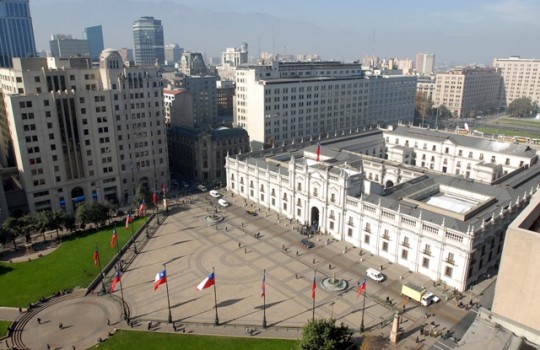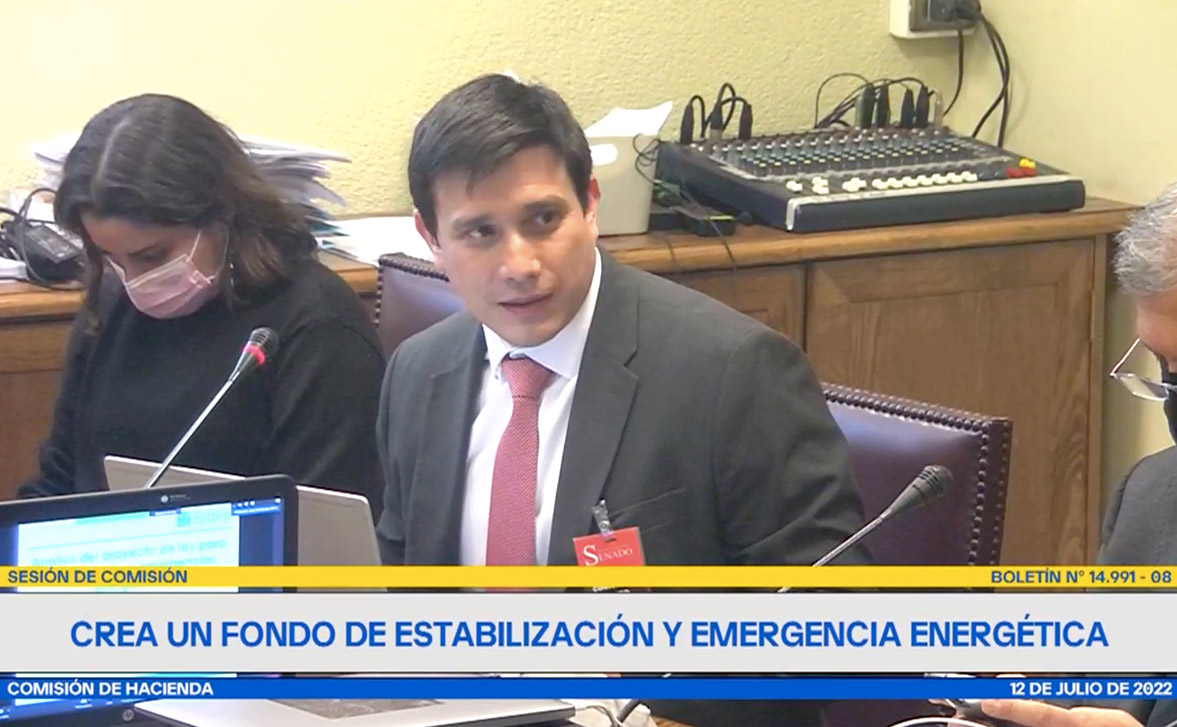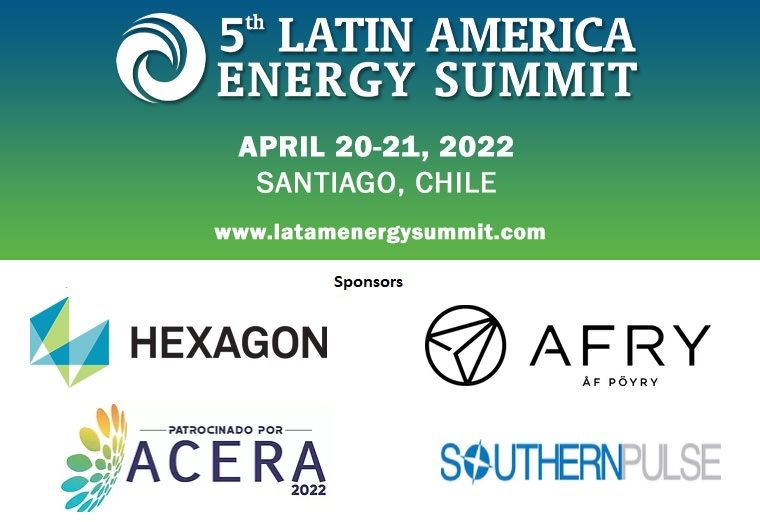
Systep: Great challenge of Energy Roadmap 2018-22 will be to achieve distribution reform at minimum cost
Business and Economics Online
Future Value
The Chilean consulting firm Systep analyzed the main guidelines contained in the `Energy Roadmap 2018-22` presented a few weeks ago by President Sebastián Piñera, assuring that the main challenge will be to achieve a reform of the distribution law that achieves great advances, but without too high costs.
“Undoubtedly, Ruta’s great challenge lies in achieving a reform of distribution regulation that allows for important technological advances, considering a continuous, quality supply at minimum cost,” the firm said in its monthly report for June.
“In general terms, it can be summarized that the new agenda incorporates objectives focused on the adjustment of the regulatory and institutional framework, aiming to improve the conditions for the optimal development of the sector. The agenda commits to formulate a set of eleven laws and seven regulations to be sent to Congress during the administration’s term, defining their respective deadlines, indicating a high level of commitment that the portfolio assumes with the sector and the country,” he added.
Systep also makes a comparison with the Agenda 2050 presented by the previous administration, stressing that, unlike it, “the new one does not refer to the development of hydroelectric resources and does not seek a more active role for ENAP”.
“The objectives of decarbonization of the matrix are maintained, consolidating a working group made up of different actors in the sector, with the aim of establishing the technical, economic and social foundations of this transition,” he said.
“We celebrate the synergy that exists between the Energy Route 2018-2022 and Energy 2050, managing to maintain a long-term energy policy coherence at the country level, with a commitment at the State level. As a complement to the above, the institutional and regulatory details must continue to be fine-tuned for the correct execution of said policy”, he completed.
The consultant also highlighted that an important focus of this agenda is the role assigned to the community for the development of the sector, from its possible role as an energy producer, to its participation in different institutional processes.
“In addition, it is important to achieve universal access to electricity, reaching rural areas and areas far from urban centers without access. This is consistent with the associativity initiatives of the outgoing government, where the interest is to achieve a shared value of the projects with the community”, he concluded.





